In the crisscrossing network of oil pipelines stretching for thousands of kilometers, a key material forms the main body of these "energy arteries"—ERW steel pipe. ERW, or resistance welding, is an efficient and economical steel pipe manufacturing process, making it one of the most widely used pipe types in the construction of onshore and offshore oil pipelines.
What is ERW steel pipe?
ERW steel pipe stands for "Electric Resistance Welded Pipe," also known as resistance welded steel pipe. Its manufacturing principle utilizes the resistance heating effect generated when an electric current passes through metal. Specifically, a pre-prepared coil (usually a steel plate) is cold-bent to form a butt joint. When a high-frequency current passes through the butt joint edges, the edges are rapidly heated to a molten state due to contact resistance. Subsequently, under the action of large extrusion rollers, the molten edges are firmly welded together, forming a continuous and uniform weld seam without any filler metal.
Unlike seamless steel pipe (SMLS pipe) , which is formed by piercing and drawing from a single piece of steel billet, ERW steel pipe is welded from sheet metal. This fundamental difference in manufacturing process determines its unique technical characteristics and economic efficiency.
Features of ERW Pipes for Oil Pipelines
1.High Strength and Durability
ERW pipes are made from high-quality carbon steel or alloy steel, providing excellent tensile strength and resistance to pressure. This makes them suitable for transporting oil over long distances, even under high-pressure conditions.
2.Consistent Dimensions
The electric resistance welding process ensures precise pipe diameter and wall thickness, which is essential for seamless pipeline construction and compatibility with fittings, valves, and flanges.
3.Cost-Effective Production
Compared to seamless pipes, ERW pipes are less expensive to manufacture while still providing comparable performance for medium-pressure oil pipeline systems.
4.Corrosion Resistance
Many ERW pipes for oil pipelines are coated with protective layers such as FBE (Fusion Bonded Epoxy) or galvanized coatings, enhancing corrosion resistance and prolonging the service life of the pipeline.
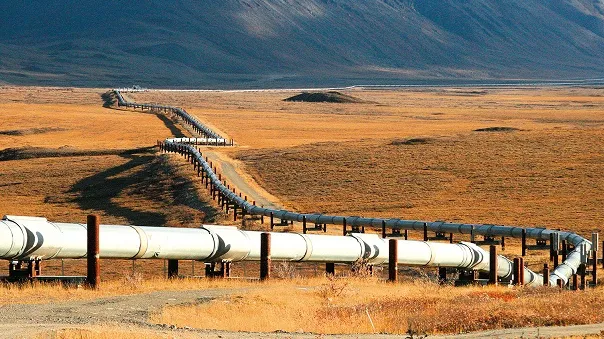
Why Choose ERW Steel Pipes for Oil and Gas Pipelines?
ERW steel pipes combine strength, precision, and cost advantages, making them highly favored in the oil and gas industry. Their manufacturing process ensures stable product quality and fast delivery times, making them suitable for long-distance, large-scale pipeline installations. Combined with appropriate anti-corrosion treatment and alloy selection, they effectively resist corrosion, mechanical wear, and environmental stress.
The petroleum industry places paramount importance on safety. Therefore, the production and acceptance of ERW steel pipes adhere to a series of extremely stringent international and domestic standards, such as:
API Spec 5L: The American Petroleum Institute's "Line Pipe Specification," the core standard for steel pipes used in the global oil and gas industry.
ISO 3183: The International Organization for Standardization's "Steel Pipes for Piping Systems in the Oil and Gas Industry."
GB/T 9711: China's national standard for steel pipes used in the oil and gas industry.
These standards impose mandatory requirements on the chemical composition, mechanical properties (tensile strength, yield strength, impact toughness), dimensional tolerances, non-destructive testing, and hydrostatic testing of steel pipes.









 English
English Español
Español بالعربية
بالعربية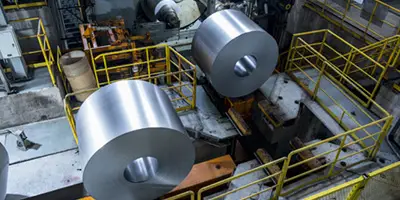
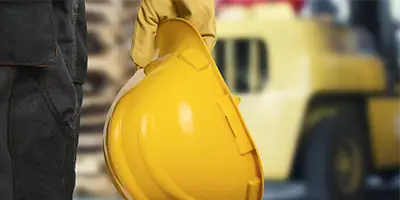
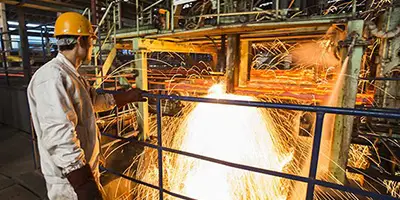
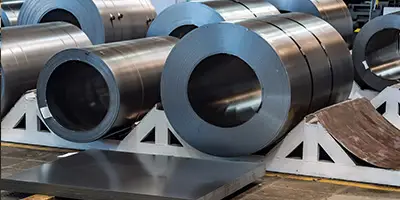

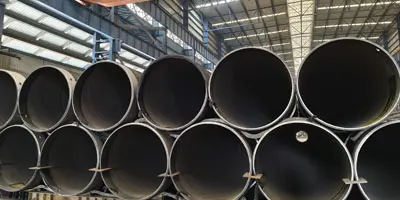
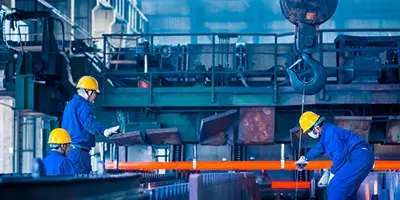
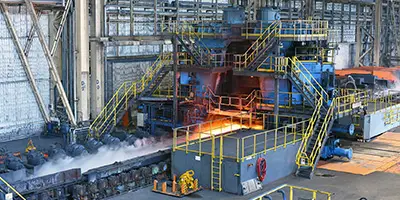
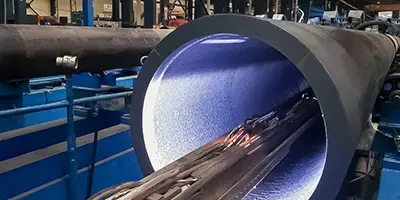
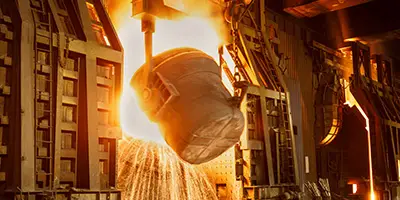
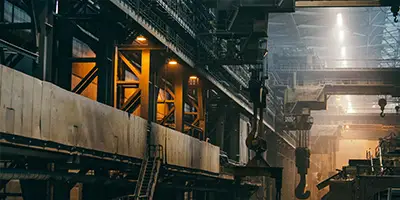

 Phone :
Phone :  Whatsapp :
Whatsapp :  Email :
Email : 


